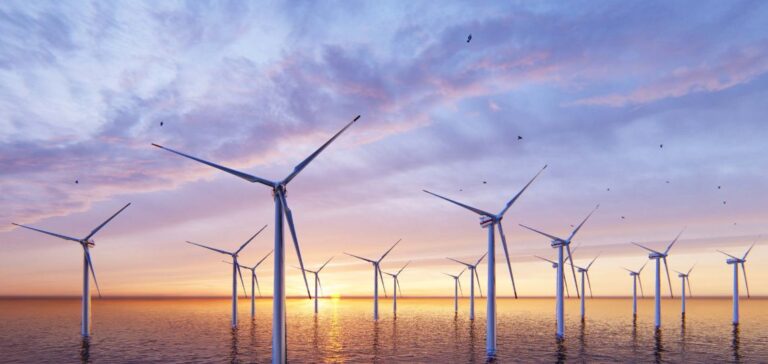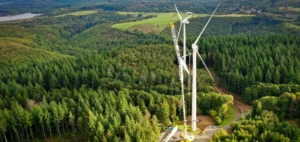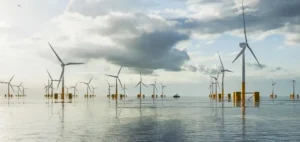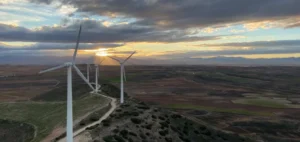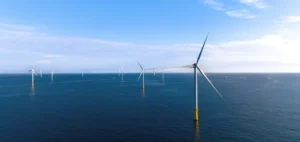The Baltic Power project, a joint venture between Polish group ORLEN and Canadian operator Northland Power, has obtained its first design conformity certificates for its wind turbines and offshore substations. These documents, issued by the independent body DNV and mandated by the Polish Ministry of Infrastructure, are essential for ensuring the facilities meet both international and national technical standards. They are a mandatory precondition for authorising the construction phase of the wind farm.
In line with Polish legislation, particularly the Act on Maritime Safety and the Act on the Promotion of Electricity Generation from Offshore Wind Farms, investors must present these certificates before any on-site work may commence. This stage represents not only an administrative milestone but also the culmination of a complex engineering process. The certificate confirms that project components are designed to operate safely under local conditions over their intended lifetime.
A regulatory milestone towards construction
The certificates validate the technical specifications of the turbines and offshore substation designs, confirming their compliance with current international standards. They were issued prior to the installation of the first monopile, indicating that the design documentation is deemed complete and reliable. Jens Poulsen, Project Director and Board Member of Baltic Power, stated that this approval marks a historic step for offshore wind development in Poland.
Certification body DNV will also oversee the next stages of the project, supervising fabrication, installation, and commissioning of the park’s components. Once all installations are operational, a final Entry into Service Certificate will be issued, followed by a comprehensive Project Certificate expected upon full construction completion in 2026.
International financing and advanced timeline
Baltic Power is currently the most advanced offshore wind initiative in Poland. It secured a final investment decision in 2023 and obtained financing from 25 international financial institutions. Onshore and offshore works are both underway. The project also stands out for its planned use of 15 MW turbines, among the first of their size to be installed globally.
Set to become Poland’s first offshore wind farm operating in the Baltic Sea, Baltic Power targets an annual electricity output of 4,000 GWh, with full commissioning scheduled for 2026. This energy production could help reduce annual CO2 emissions by approximately 2.8 million tonnes compared to conventional energy sources.


